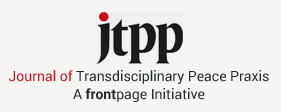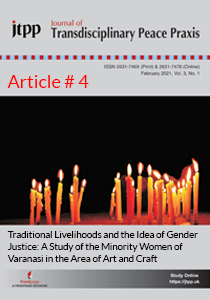Description
Traditional Livelihoods and the Idea of Gender Justice: A Study of the Minority Women of Varanasi in the Area of Art and Craft
Saloni (Assistant Professor of Sociology in one of the prestigious colleges for girls in Uttar Pradesh, India) & Sushil Kumar (Contributes in the field of Corporate Social Responsibility in India since 2005)
Irrespective of time and space it has been an undoubtedly established that the girls and the women, as the members of the ‘female gender category’ have been deprived financially and subsequently emotionally as well as socially even if they have been equally or more contributing towards their respective household economies through their physical and mental labour and skills.
Varanasi in India is a place well known nationally and globally for the handloom silk saris it has produced since the medieval period. The minority Muslim community has been the main workforce in this traditional source of livelihood for thousands of families. The women of the Muslim community have been doing almost all the subsidiary works, which are required to start the process of weaving. However, they have been kept deprived by the traditional patriarchal setup of society. The present research paper tries to explain up to what extent justice can be restored in such cases with rightful, wilful and dedicated efforts, especially regarding the women of the minority communities like the Muslim community in India.





